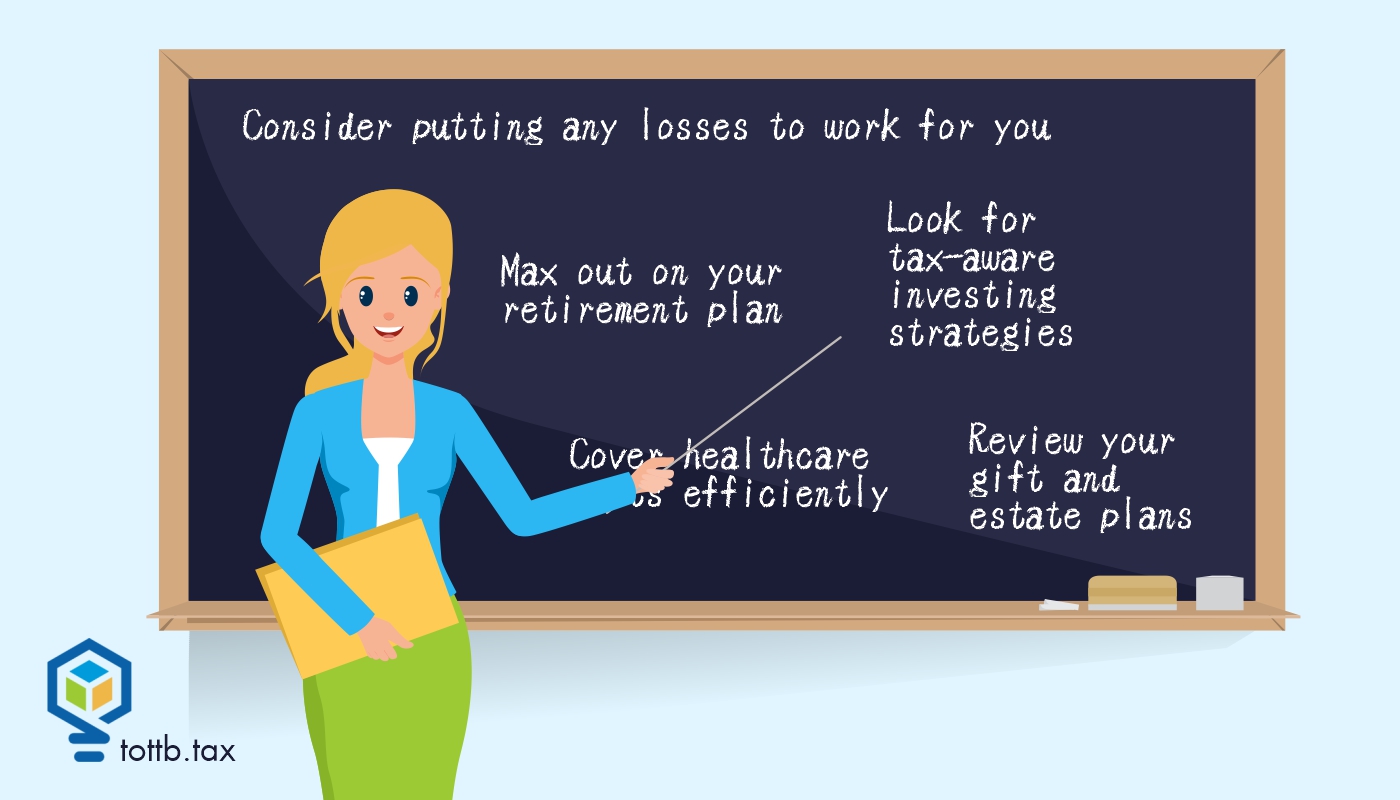A new school year is here and, for many families, so are the worries over the cost of tuition and other college expenses. The cost keeps skyrocketing every academic year, and these days that diploma comes with an average of almost $29,000 in debt for most graduates. Many of them also carry that debt well into middle age. Families paying for these educations need every break they can get. The federal government offers education tax credits (and other tax breaks on college costs), but don’t assume your client has the brain space at this stage of life to learn about them. Even your clients who can afford college would appreciate learning about ways to save on higher education. Here’s what to tell them.

Tax Tales I Let Slip in 2025: From Whistleblowers to Easement Woes and Beyond
One of my greatest frustrations as a tax writer is that I just don’t have the time to cover everything that I notice. Early in my blogging career, when I was younger and had more energy, I set myself on a Monday, Wednesday, Friday schedule like the college professors I envied. Even that did not keep up with everything I noticed, so periodically I would do a post that had short blurbs about interesting things I didn’t dig further on. Here is an example from 2010 of a post that covers an entity not considered a church by the IRS, S corp shareholder basis issues, definition of alimony and two Chief Counsel Advices on TEFRA issues. So here are some things for 2025, that I opened a file on but never managed to make an article with.






